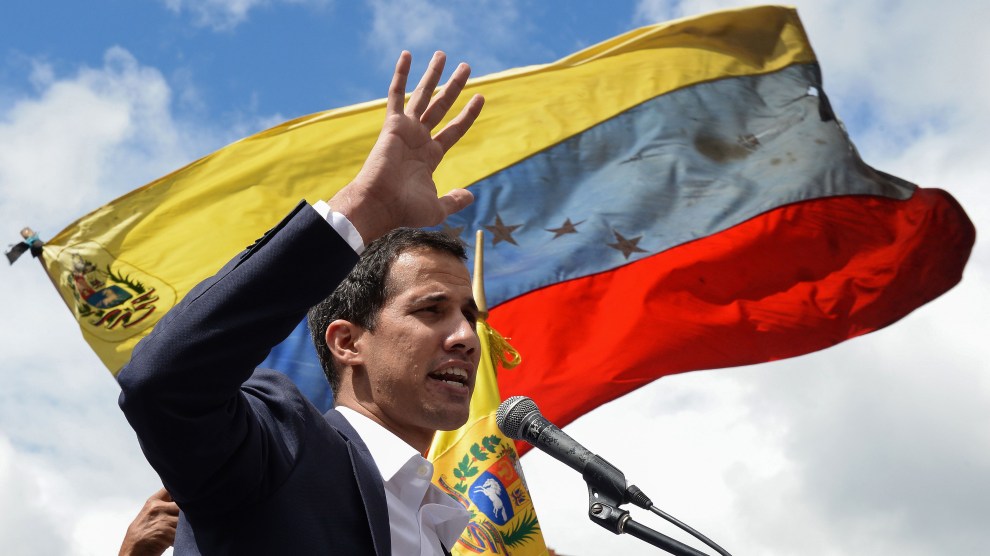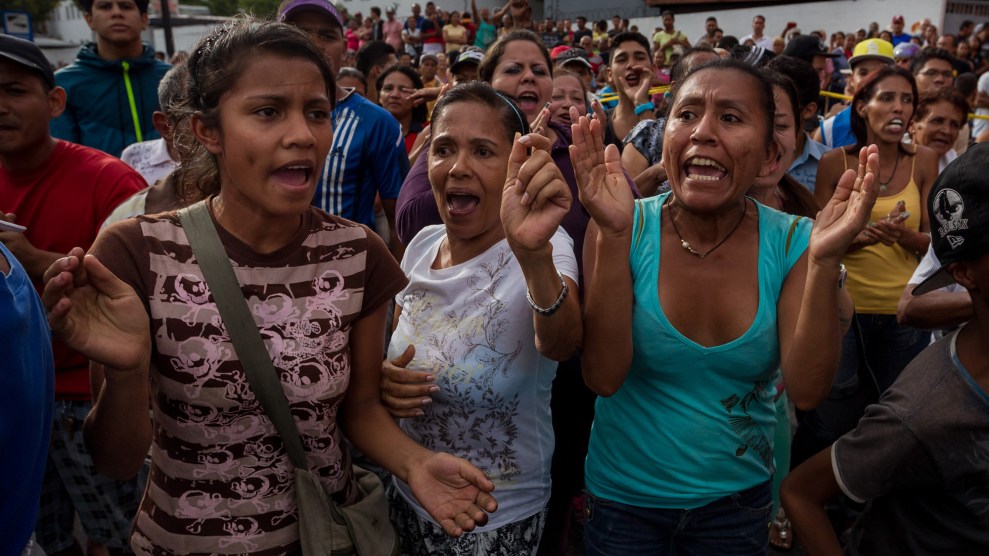
Don J. Usner
Carolyn Forché was surprised, one day in 1977, to find a mysterious stranger at her door. The man had driven all the way from El Salvador to San Diego to see her. Civil war was coming to his country, and he wanted an American poet to bear witness. “Almost everyone I knew said, ‘This is not a good idea. This is not what poets do,’” she recalls. But she decided to go nevertheless. At 27, Forché was already making waves, winning Yale’s Younger Poets Prize for Gathering the Tribes, her first book, published the year before. The Country Between Us, the best-selling collection that emerged from her time in El Salvador, cemented her status, resulting in prestigious awards and, she says, a spot on a federal watch list. Forché recounts her extraordinary adventures in a new memoir, What You Have Heard Is True, that took 15 years to complete and goes on sale March 19. “It wasn’t like writing poetry,” she says. “You have to go into a prose book and stay there. With poems, you can come in and out.”
Mother Jones: That man at the door, Leonel Gómez Vides, was a relative of a friend of yours.
Carolyn Forché: Maya had sent him my first book. He had the idea that when the war began, a poet would be in a position to have some effect on public opinion and foreign policy in the US. He assumed that poets would be as important here as they were in Latin America.
MJ: Were you prepared?
CF: No one could have been. At first, I saw El Salvador the way tourists see it—a beautiful country. But I began to change my perceptions. Leonel thought I’d have plenty of time before things became dangerous, but events had escalated. There were extrajudicial killings and paramilitary killings. People were disappearing. People were terrified all the time. I was familiar with fear, and I was very lucky. When I came back and published seven poems, I was unprepared for the adulation. And I was unprepared for the government’s response.
MJ: You were very outspoken.
CF: Poets don’t have a strong place in the culture here. But I published my poems just at the moment El Salvador was coming into the news. My publisher presented my book as poetry informing the reader of a political situation. I got invitations to go all over the country. I thought, “Well, if I just keep talking, maybe we can bring an end to this.”
MJ: What’s a poet’s place in a war?
CF: The poet’s place is to write. The consciousness has to be vigilant; it has to be aware of what’s going on. And the work has to deeply reflect that awareness even if its ostensible subject matter has nothing to do with these kinds of matters.
MJ: Was it hard to recall things that happened so long ago?
CF: I remember those events almost photographically. I also had notebooks. What was difficult was living through it again. You have to dream your way back and be there.
MJ: At first you thought one of your most famous poems, “The Colonel,” was prose.
CF: It was written as prose, but another poetry scholar saw it and said, “No, this has to be in your poetry book.” I said, “Well, it isn’t a poem.” He said, “Well, you’re very wrong about that.”
MJ: Were your poems helpful to you in writing the memoir?
CF: The poems were little seeds. I’m glad that I gave the memoir time, because it allowed a more complex and mature picture to emerge, and for me to be honest about how young and uninformed I was—what a pain in the ass I was! Leonel was concerned the United States had no real immigration policy. He said, “You’re creating a mess, and someday it’s going to hurt you profoundly.” I look at the face of the refugees in the caravan. When Americans say, “They shouldn’t endanger their children by bringing them north,” I’m flabbergasted. People don’t leave their families, their friends, their history, their burial grounds, everything, and go to an unknown place without reason.
MJ: What was it like to complete your memoir in this political moment?
CF: Poets feel like everyone else does: an anxiety, a rage against this oppressive regime. I’m worried about its supporters and what we’ve had to face as a result of the visibility of their hatred. It’s very difficult to come to terms with the larger picture until we’re at some distance. When I accepted Leonel’s invitation, I thought I was there to be a passive receptacle. I didn’t understand it was going to demand much more. The big revelation was we’re not powerless. There was much an individual could do.













